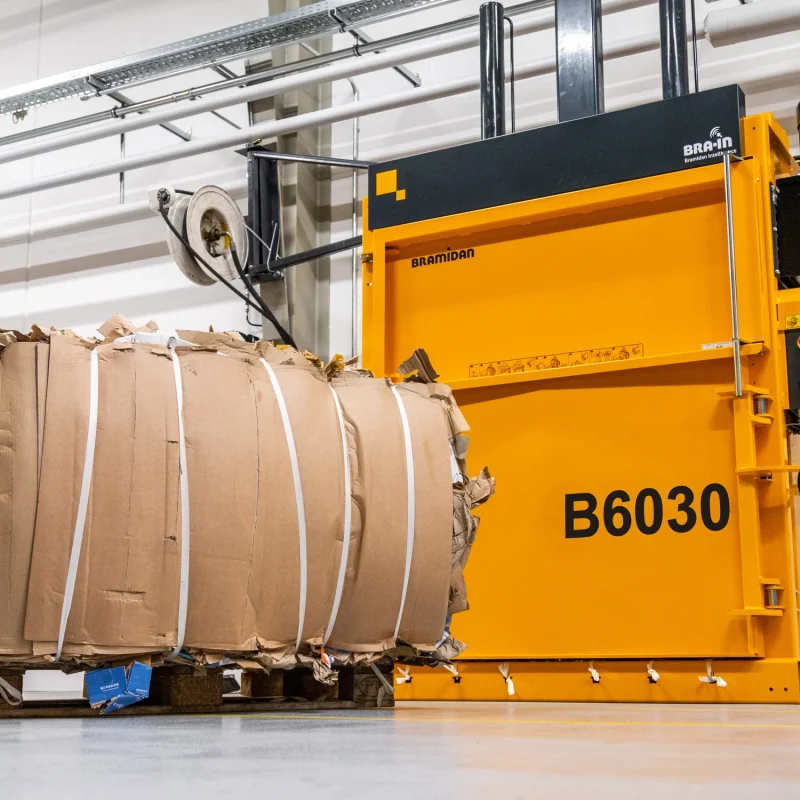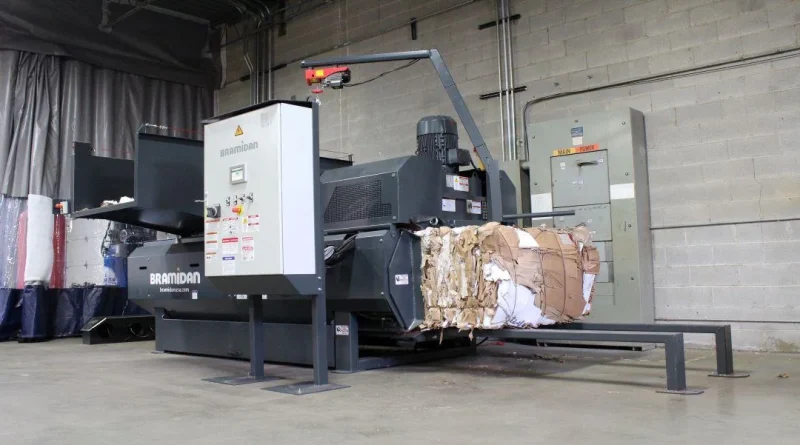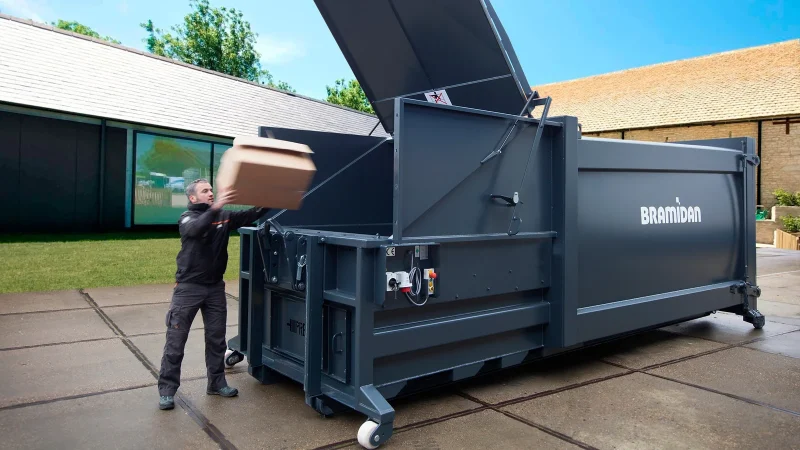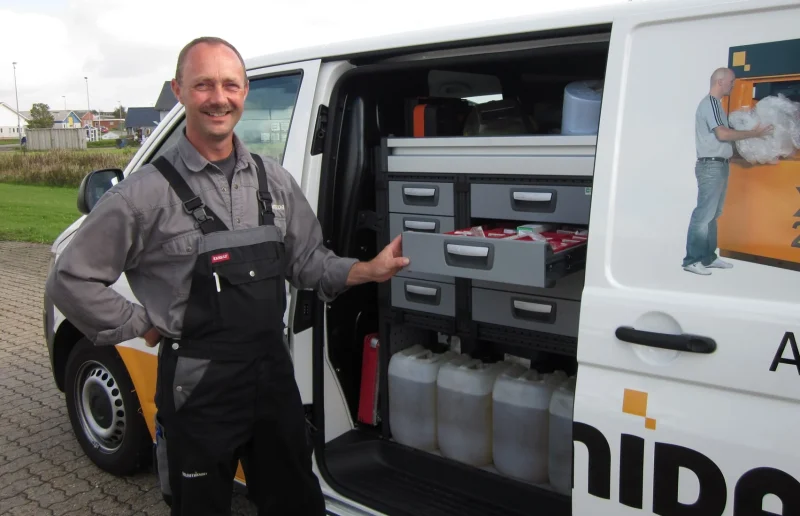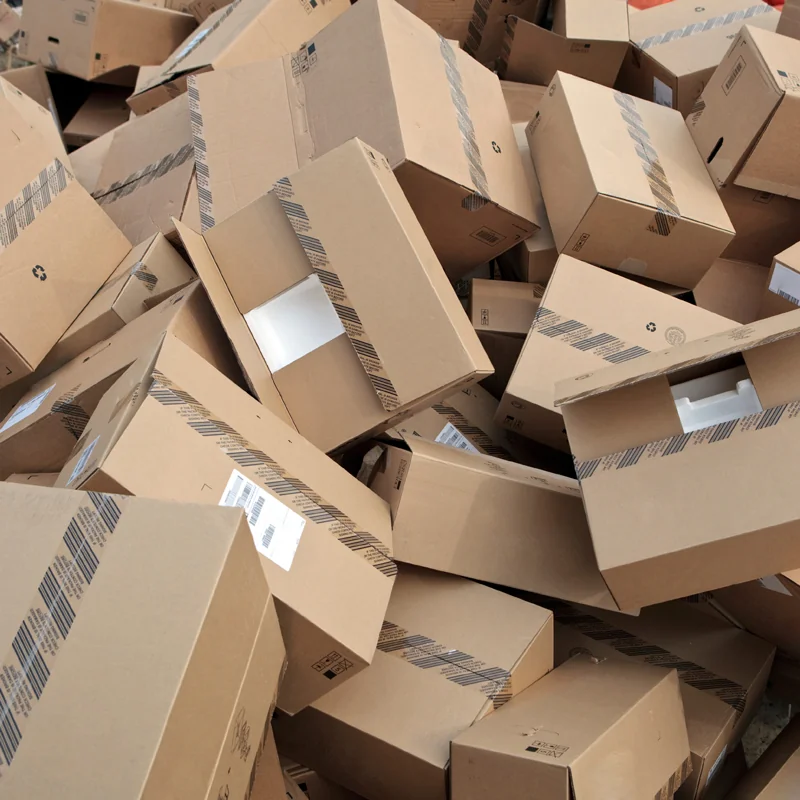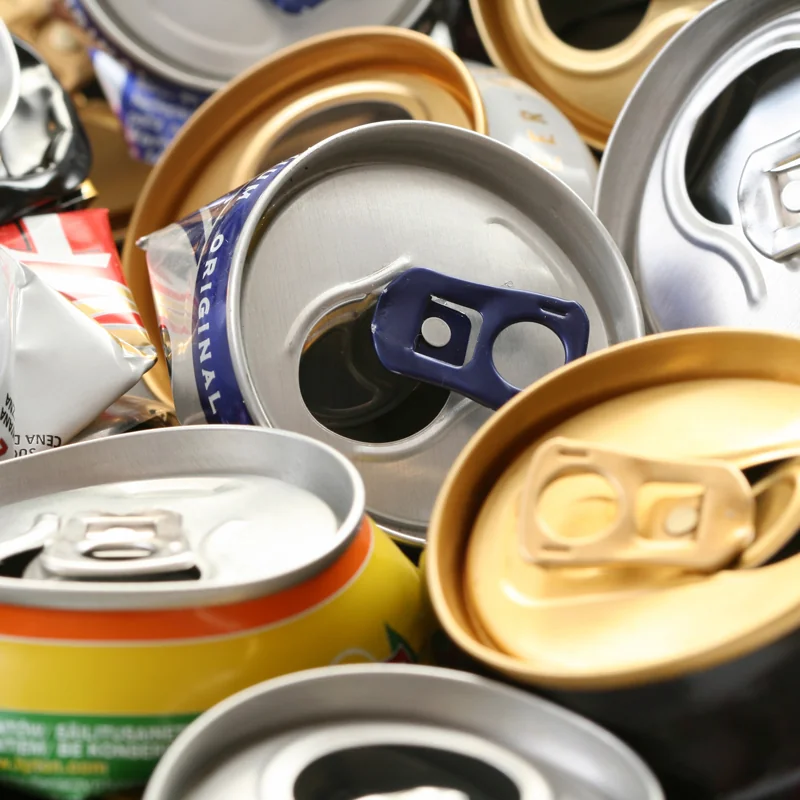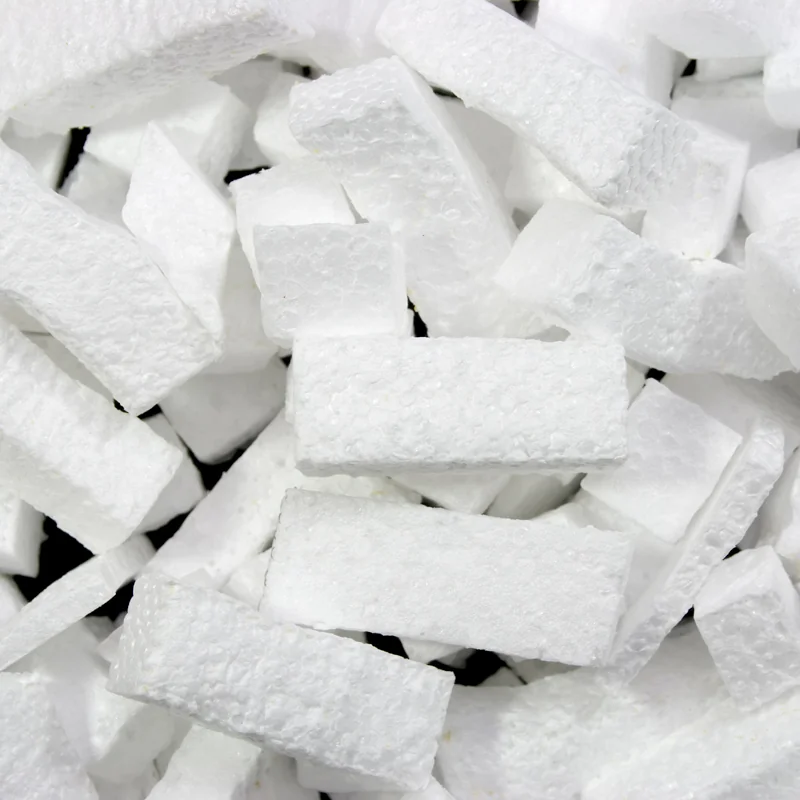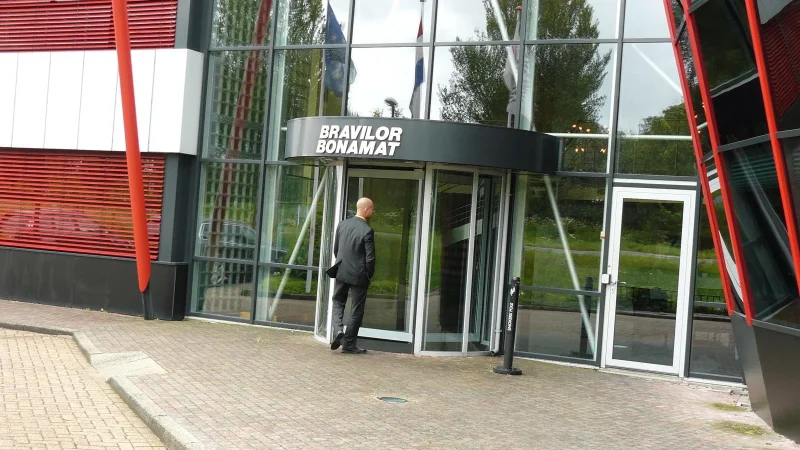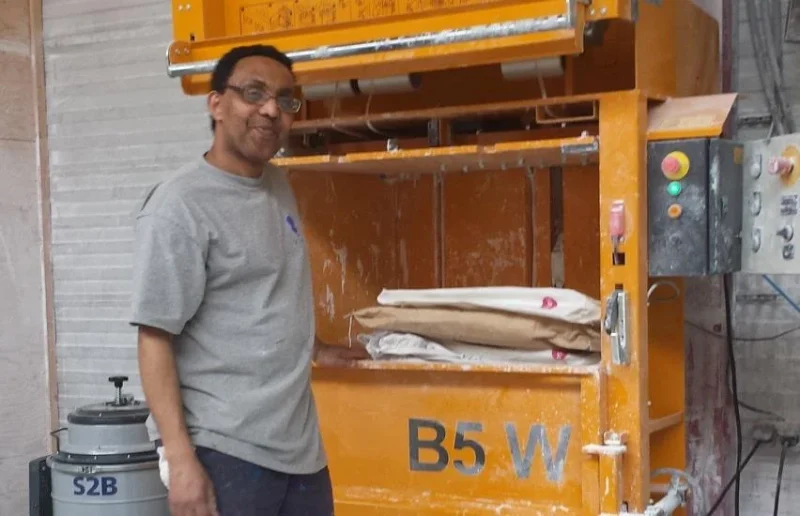Manufacturing & Distribution

Manufacturing and distribution companies face unique challenges when it comes to handling waste. Luckily, Bramidan offers a comprehensive suite of waste management solutions designed to address these challenges head-on.
Join the ranks of successful companies who have chosen our solutions for time-saving, sustainable, and cost-effective waste management.
Explore which of our options fit your waste types and find the perfect match for your needs.
Challenges
- Time spent on waste handling
- Limited space and overfilled containers
- Difficulty managing various waste types separately
- Limited income opportunities from recyclables
- Higher carbon footprint
- Expensive container haulings
- Strict waste handling policies
Benefits
- Saves valuable time
- Reduces waste collections and CO2 emissions
- Reliable machinery with a long lifespan
- Optimises space utilisation
- Enhances workplace safety and cleanliness
- Short ROI on our machines
- Generates income from recyclable materials
Vertical balers
Horizontal balers
Stationary and mobile compactors
Services

BRA-IN
Service
Explore common waste types in manufacturing and distribution
Manufacturing and distribution companies often deal with various waste types.
Select your waste type below to reveal our curated selection of machines.
Paper & cardboard
Soft & hard plastic waste
Aluminium cans
EPS & Foam
Waste analysis in manufacturing and distribution
Due to the scale and nature of their operations, manufacturing and distribution sectors face various waste management challenges
The types of waste they typically encounter include:
- Industrial process waste: Residues, offcuts, and by-products generated from manufacturing processes, including metals, plastics, wood, glass, and textiles.
- Packaging materials: An abundance of cardboard, plastic, shrink wrap, and pallet waste from packaging and shipping products.
- Chemical waste: Spent solvents, paints, and other chemicals used in manufacturing, which may be hazardous and require special disposal procedures.
- Electronic waste (e-waste): Defective electronic components and outdated machinery or technology discarded during upgrades.
- Scrap metal: Leftover metal from production, which can often be recycled, but still requires proper sorting and handling.
- Defective products: Items that do not meet quality control standards and cannot be sold, which can range from small components to entire machines or vehicles.
- Expired products: Goods that have a shelf life and have not been distributed before expiration will become waste.
- Hazardous materials: Wastes that pose potential harm to people or the environment, including oils, batteries, and asbestos-containing materials.
- Biological waste: In sectors like pharmaceuticals or food processing, biological waste can be a significant category, including anything from fermentation products to spoiled goods.
- Construction and demolition Debris: Waste generated from the construction, renovation, or demolition of manufacturing facilities or warehouses.
- Office waste: Paper, plastics, and other general waste produced by the administrative functions of the business.
- Energy by-products: Some manufacturing processes generate waste in the form of heat, emissions, or other energy by-products that need to be managed responsibly.
Manufacturers and distributors often employ extensive waste minimisation and recycling programs to reduce their environmental impact and save on raw material and disposal costs.
These efforts may include waste stream audits, process re-engineering to reduce waste production, recycling and repurposing initiatives, and collaborations with waste management experts to find innovative solutions for waste reduction.
Read about our manufactoring and distribution customers
From freeing up space and saving on waste bills to turning waste into value and cutting down on maintenance costs, these success stories speak volumes about the impact our solutions can have on your business.
BRAVILOR
Bravilor invests in 6 more Bramidan balers
The company’s X25 HD has prompted the company to invest in 6 more balers, aiming to maximize optimization and productivity even further.
SAUER-DANFOSS
Production skyrockets with the addition of 10 Bramidan balers
Danish hydraulics manufacturer, Sauer-Danfoss, saw a notable production boost after installing 10 balers from Bramidan. The remarkable increase has led to plans for investing in 10 more balers.
NITTA
Nitta reduces PVC dust in the factory with B5 wide baler
Recycling large bags of PVC powder creates a lot of dust – a stressful task for employees. A B5 Wide baler compresses the bags into dust-free 100 kg bales.
Fill in the form and we will contact you
Questions? Contact us today






